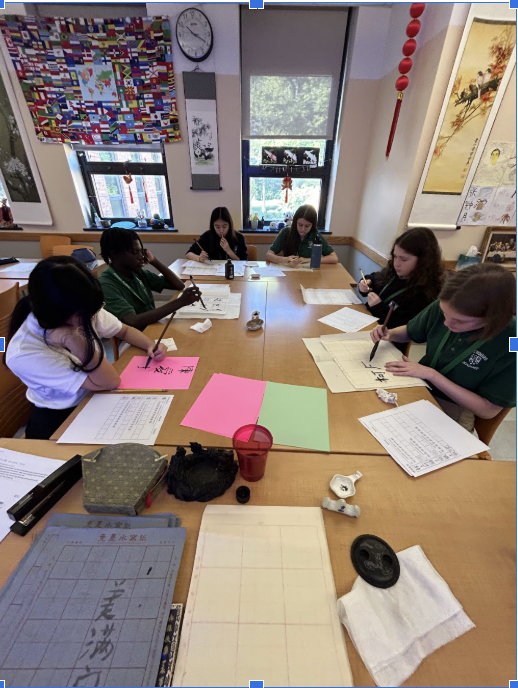An Exciting Year in Space
2021 is proving to be an exciting year for both private and public spaceflight.
In July, Richard Branson took off from New Mexico in Virgin Galactic’s VSS Unity spaceplane and Jeff Bezos launched from western Texas in Blue Origin’s New Shepard rocket, both men barely reaching the edge of space. Although their launch vehicles pale in comparison to the Space Shuttle, the Saturn V, and other historic NASA rockets, the two vehicles are fully reusable. Besides Blue Origin and Virgin Galactic, hundreds of new space startups are entering the field, offering everything from space junk removal to orbital gas leak detection (1).
SpaceX, which leads the pack of private space companies, successfully launched an all-civilian crew to orbit and back in September. The four crew members — none of which had any previous experience with spaceflight — stayed for three days in space before splashing down off the Florida coast. Not to mention, SpaceX’s enormous rocket ‘Starship’ is currently under testing and will be the company’s vehicle of choice for long-term Mars missions (2).
In the same month, China returned their ‘taikonauts’ from a 3-month stay in the Tiangong space station. The station is quite small — with three modules so far — but it will eventually be able to dock multiple vehicles at once and even service China’s planned Xuntian Space Station Telescope. This telescope will have a field of view 300 times larger than the older Hubble Space Telescope, allowing it to scan up to 40% of the night sky across a decade (3).
NASA hasn’t fallen behind, however. Martian rover ‘Perseverance’ and its small helicopter buddy ‘Ingenuity’ both touched down on the Red Planet in February this year, giving us crucial information on how humans could live on Mars one day. In December, the agency will launch the powerful James Webb Telescope, which will peer deep into space for clues about the earliest periods of our universe. NASA’s Artemis manned program hopes to return America to the Moon — the agency has tested its core Space Launch System rocket and has selected private contractors to build landing stages and modules (4).
From civilian accessibility to long-term habitats, these accomplishments are just a peek into a spacefaring future for humanity. As Archmere junior and space enthusiast Alex Linton remarks, the new space race will be “a starting point for more public space exploration” and it reflects the competition between “China and the US.” Dr. Sharon Archer, an Archmere science teacher, applauds the accomplishments of this year, stating “These achievements in space travel are amazing and a testament to what can be accomplished when people and companies dream big. They are also an example of how decades of advances in science and engineering can be applied to new and exciting projects.”
With interplanetary travel just on the horizon, the next decade will certainly be both formative and fascinating for space exploration.
Sources

Alexander Chen is currently a senior at Archmere Academy. He enjoys competing at mathematics tournaments and at Model United Nations. Outside of school,...















